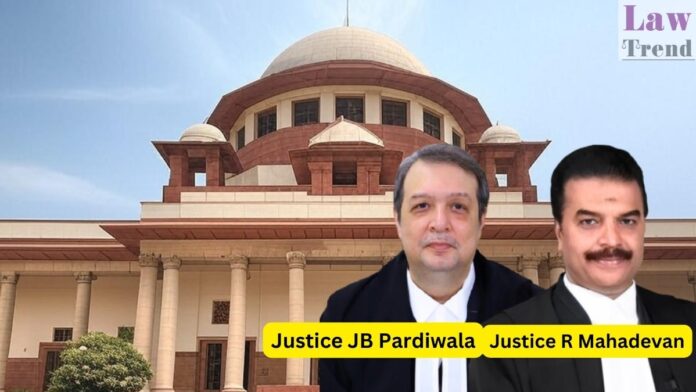The Supreme Court has laid down clear directions against monetary undertakings for bail and has further reprimanded abuse of judicial process in bail matters. In this case the appellant, Gajanan Dattatray Gore, was arrested on 17 August 2023 in connection with Crime No. 652 of 2023 registered at Satara City Police Station, Maharashtra, for multiple

To Read More Please Subscribe to VIP Membership for Unlimited Access to All the Articles, Download Available Copies of Judgments/Order, Acess to Central/State Bare Acts, Advertisement Free Content, Access to More than 4000 Legal Drafts( Readymade Editable Formats of Suits, Petitions, Writs, Legal Notices, Divorce Petitions, 138 Notices, Bail Applications etc.) in Hindi and English.
Click to Subscribe
If you are already a VIP Member, Click to Login Now
READ ALSO Caste Scrutiny Committees Must Adhere to Quasi-Judicial Standards: Chhattisgarh High Court




